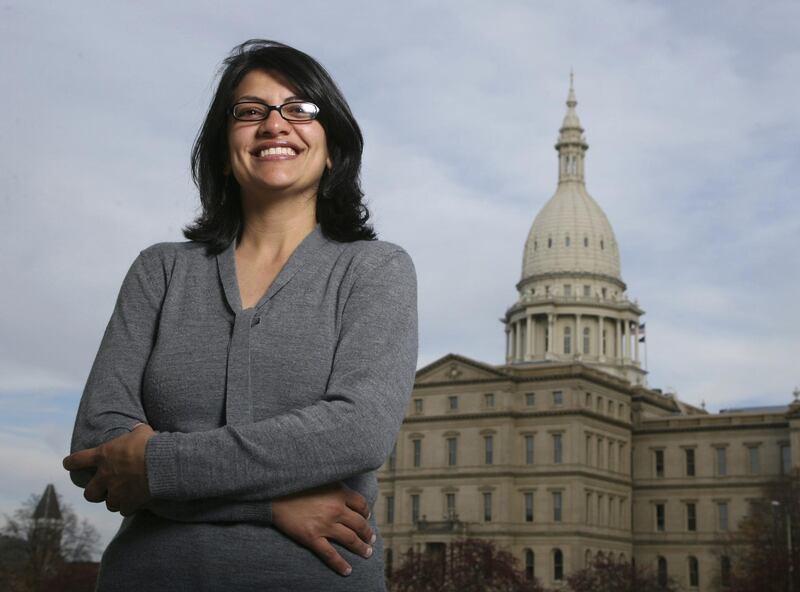Stereotypes. I'm fed up with them. It often feels like all I'm doing, day after day, is battling people's kneejerk preconceptions of who I am. From simply going about my day as a Muslim woman in a headscarf to TV news appearances patiently explaining, yet again, that burkini swimming costumes are nothing to be scared of, and that, no, Muslim women who believe in standing up for their rights are not somehow contravening the basic principles of Islam, the task is relentless and exhausting.
I’m not alone in facing this burden. Millions of women in majority- and minority-Muslim countries are tirelessly fighting other people’s ideas of who we are and who we should be. In the West, particularly, the stereotypes aren’t even consistent. One day we are being portrayed as victims of an oppressive culture, with no agency or opinions of our own. The next, we are jihadi brides bringing up a generation of terrorists. Sometimes, we are both at the same time. And often, within the Muslim community, if we have opinions and want rights, heaven forbid. We just can't win.
Fortunately, this week alone, there have been many stories that prove how reductive these ideas are. In the US, a photograph of a group of women at Comic Con, dressed at the Avengers and in full hijab, went viral. In Canada, the photographer Alia Youssef's rapturously received Sisters Project aims to represent Muslim womanhood in all its diversity. In the UK, the Second World War hero Noor Inayat Khan could become the next face of the £50 note. And let's not forget that Rashida Tlaib is expected to become the first Muslim woman in the US Congress.
It’s great that barriers are being broken down and that Muslim women are talking increasingly prominent places in public life. Role models like these will encourage a new generation of young women to step forward. However, the prevailing narratives surrounding Muslim women remain largely unchanged. I’ve been commenting in the media for 15 years and have pretty much lost count of the amount of times the same old stories have circled back around.
The truth is that while more and more stories of the “Muslim women are human beings too” variety are doing the rounds, Muslim women have actually been dehumanised to the degree that it is increasingly dangerous to be one, visibly and in public. Figures released by the UK government this week showed that in the last year, hate crimes have doubled and that more than half of religiously motivated hate crime is aimed at Muslims. A previous report by the organisation Tell Mama has shown that Muslim women are more likely to be targeted than Muslim men.
So, what is the point of all this stereotype-busting work, if it is having so little effect? The problem with trying to break down people’s preconceptions is that sometimes you can end up stoking their resentments, simply by daring to speak out and be yourself. One way around this is to get on with your life and work as a regular, everyday woman who just happens to be Muslim. That can work, until you run into the discrimination that puts barriers in your way to progress.
It’s a horrible double bind to spend all your time trying to prove that Muslim womanhood comprises many different perspectives and experiences, only to discover that most of your efforts have fallen on deaf ears.
It is worth remembering, however, that recognition as full human beings is not something that those who enjoy structural privileges of race, gender and class want to extend to Muslim women. After all, doing so would involve giving up or accepting radical changes to their own status. The way they avoid having to do this is by continually stoking the flames of stereotypes, so we have to spend all our time fighting them.
Now that we’re wise to their game, the way ahead is not to waste time telling people what we're not, but to continue claiming space for ourselves, creating our own narratives and, loudly and proudly, showing the world what we are.
Shelina Janmohamed is the author of Love in a Headscarf and Generation M: Young Muslims Changing the World





